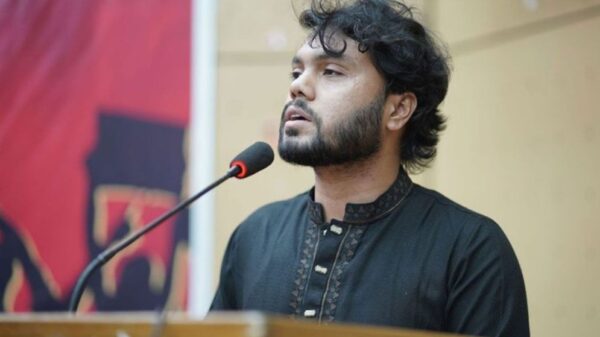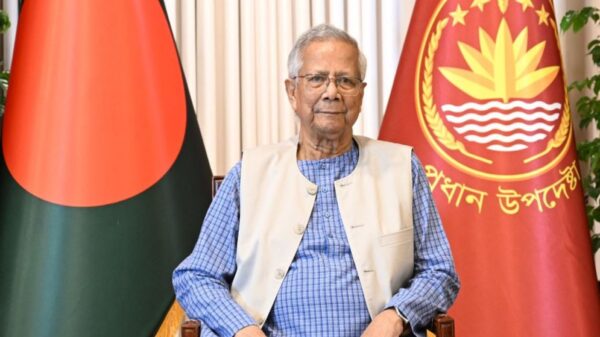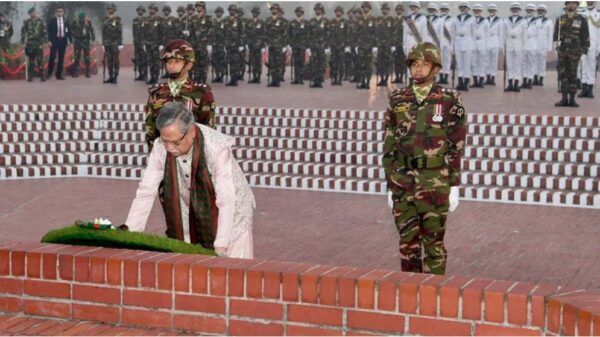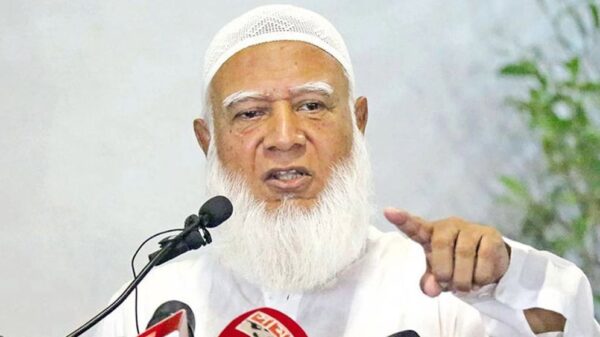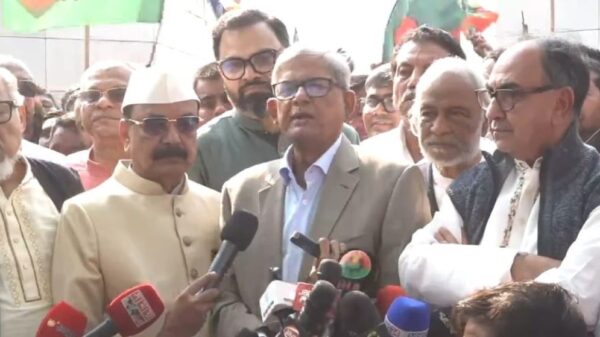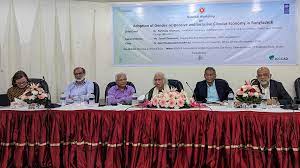Staff Reporter:
Bangladesh is ready to be a global leader in sustainable development by emphasizing collaboration and innovation in adopting a gender-responsive and inclusive circular economy, speakers observed at a work-shop yesterday in the capital.
The National Workshop on ‘Adoption of Gender-responsive and Inclusive Circular Economy,’ was held at the CIRDAP Auditorium in Dhaka yesterday, a UNDP press release said.
The Ministry of Environment, Forest and Climate Change (MoEFCC) and the United Nations Develop-ment Program (UNDP) jointly organized the workshop.
The speakers highlighted the crucial need for transitioning to a circular economy to meet ambitious tar-gets for reducing greenhouse gas emissions as outlined in the Nationally Determined Contribution (NDC).
In delivering their keynote presentations, economy experts Dr Mohammad Asaduzzaman and Sachin Pant focused on policy landscapes and initiatives in key sectors such as RMG and textiles, construction and demolition, plastics, electronics and solid waste management.
They underscored the importance of gender-responsive and socially inclusive approaches, advocating for public-private partnerships and collaboration to scale up circular economy initiatives.
Commenting on the RMG and textile industry, economics professor at East West University AKM Enamul Haque called for policy intervention to promote circularity.
Dr Md Tarek Uddin, Professor of Civil and Environmental Engineering, urged a rethink of construction practices, emphasizing the mainstream use of demolished concrete.
Arif Faisal, Program Specialist, UNDP, highlighted the second phase of the Climate Promise project, focusing on formulating a national circular economy strategy.
He stressed the urgency of adopting a circular economy to address biodiversity loss, ecosystem degrada-tion, pollution, and increased greenhouse gas emissions, stressing the need for a massive awareness cam-paign to shift citizen behavior.
Later, a technical session was moderated by Zaki Uz Zaman, Representative, UNIDO, where eminent economist Dr Qazi Kholiquzzaman Ahmad spoke, emphasizing the importance of efficiency, behavioral change, and ethical consumption.



